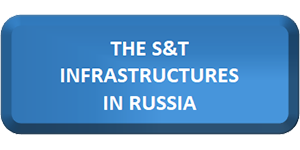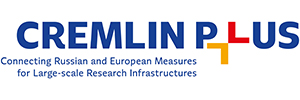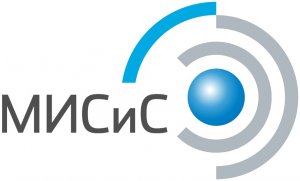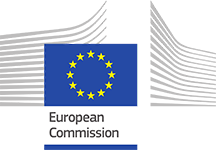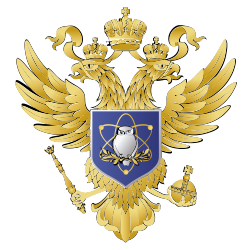EU and Russian researchers develop new software to help coordinate Europe's marine data
With the help of a Russian marine research institute, the EU-funded SeaDataCloud project is further developing infrastructure built to better manage the collection and organisation of marine data across Europe.
Having ready access to marine data is of vital importance for marine research. However, due to the fragmentation of the current marine observing system, getting access can be a challenge. For example, Europe and its neighbouring countries have more than 600 governmental organisations and private labs collecting marine data. Although massive amounts of data are being collected by vessels, submarines, fixed and drifting platforms, aeroplanes and satellites, the data are neither accessible nor standardised – while their validity and security are often questionable.
To remedy this, the EU-funded SeaDataCloud project brought together 111 data centres from countries bordering Europe’s seas and oceans. These data centres all share a commitment to developing a standardised infrastructure for managing the collection and organisation of marine data.
One of these data centres is the Russian Research Institute of Hydrometeorological Information – World Data Centre (RIHMI-WDC), which specialises in developing software and distributed information systems for marine data. ‘By participating in this project, RIHMI-WDC benefits from having access to a wider array of marine data,’ says RIHMI-WDC’s Sergey Belov. ‘Whereas alone we can only obtain a small number of observations, together, through SeaDataCloud, everyone benefits from the large dataset, which gives us a clearer picture of what’s happening in our oceans.’
Improving the user experience
According to Belov, standards and information technology are always evolving. As a result, the SeaDataNet infrastructure must stay up-to-date to maintain and further expand its services – which is where the SeaDataCloud project comes in. Specifically, the project is working to improve the SeaDataNet infrastructure by, among other things, enhancing the user experience. SeaDataNet is the infrastructure built and upgraded via several EU-funded projects, including SeaDataCloud.
RIHMI-WDC took a leading role in developing an innovative, user-focused download manager. The software allows participating research centres to easily upload their marine data to the central SeaDataCloud network where it is processed, verified and made available to other participating research centres and the public.
To date, over 130 000 data sets have been added to SeaDataNet by RIHMI-WDC, all of which are available to users for download. ‘The automatic interaction of information systems is the next step in the development of an international data exchange – and the SeaDataCloud project is certainly at the forefront of this process,’ says Belov.
An evolving system
Thanks to new innovations like the download manager, the SeaDataNet system is evolving towards a cloud environment, where it will serve as a centralised host for all data resources received from the project’s distributed data centres. ‘The exchange between the data centres and the cloud will be made using dynamic replication, an innovative new technique for managing data in a distributed processing environment such as the SeaDataNet data centres,’ explains Belov.
Belov adds that a number of new functions are being added to the cloud to improve the data quality. For example, a virtual research environment (VRE) is being developed to facilitate collaborative and individual research by users. In addition, a collection of customised services, called MySeaDataCloud, will soon allow users to create individual search profiles, receive alerts on newly available data, and manage their own datasets.
Project details
Project acronym: SeaDataCloud
Participants: France (Coordinator), Belgium, Bulgaria, Cyprus, Germany, Denmark, Estonia, Spain, Finland, Georgia, Greece, Croatia, Iceland, Ireland, Israel, Italy, Latvia, Malta, Netherlands, Norway, Poland, Portugal, Romania, Russia, Sweden, Slovenia, Turkey, Ukraine, UK
Project N°: 730960
Total costs: €9 999 737
EU contribution: € 9 999 737
Duration: November 2016 to October 2020


